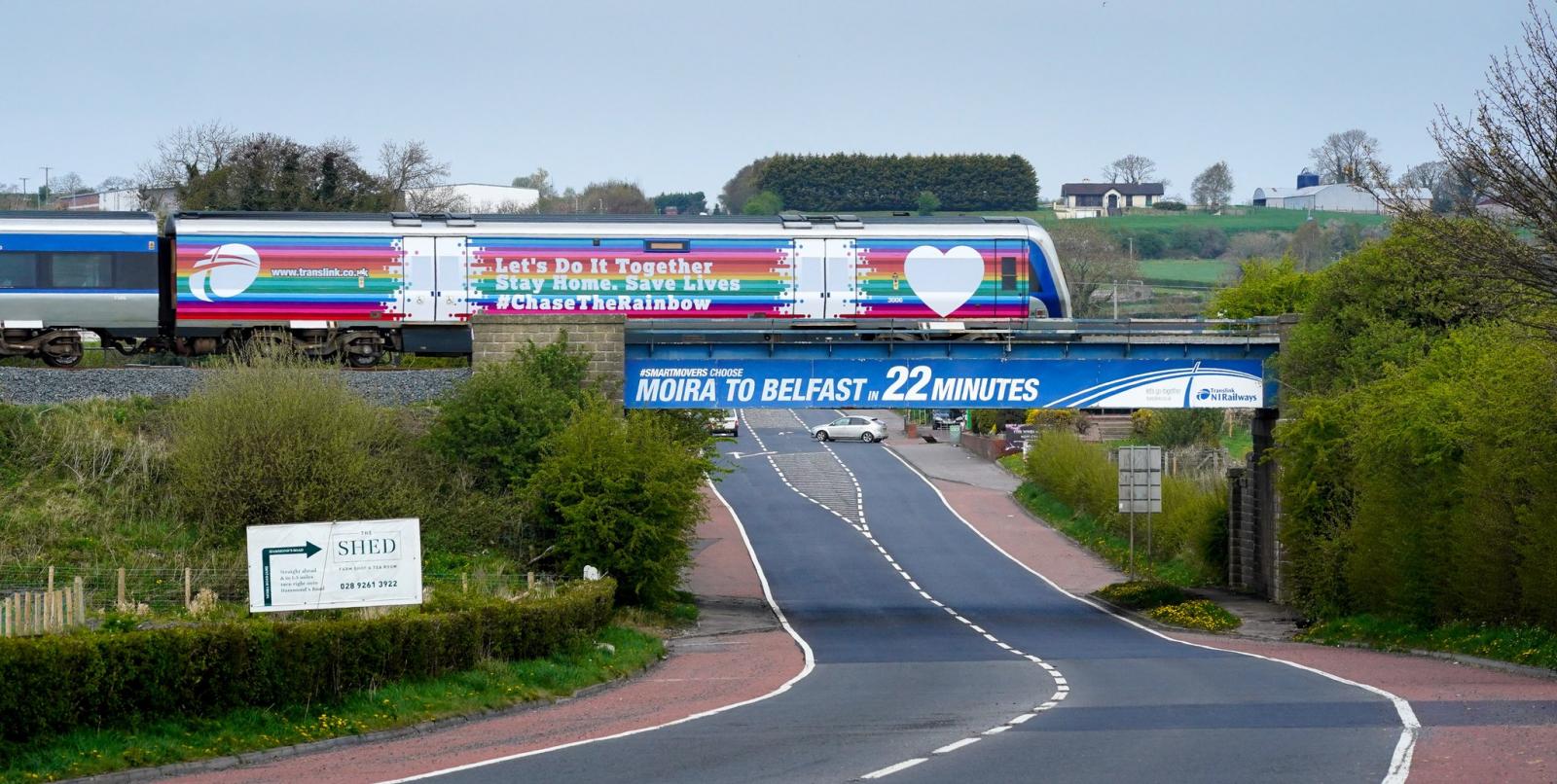Protecting staff and passengers as we prepare for the recovery phase

As we enter week five of the lockdown, here’s my weekly take on how things look from the perspective of the UK’s urban transport authorities. Sharing approaches (both between our members and also through regular contact with the Confederation of Passenger Transport, the Rail Delivery Group and the Department for Transport) on how best to protect the welfare of staff, whilst continuing to keep an essential service going for essential users, has been the dominant theme of discussions within our groups with a strategic and operational focus (including the daily meetings of our bus group). On all our minds is the fortitude of frontline staff in keeping an essential service available for key workers and the loss suffered by the families of transport workers who have died from COVID-19 both here in the UK and around the world. Protecting the health of staff and passengers has also been brought to the fore as we think through the challenging issues around the recovery phase (when the lockdown is lifted). Among the big questions are: How do you switch public transport networks back on again (at what could be relatively short notice) to serve what will probably be a phased and staggered lifting of the lockdown by journey purpose and demographic? How do you do this in a way that protects the health of staff and passengers (including, if some degree of social distancing is to be maintained)? What kind of funding support will be needed to do this given that it’s likely that for a period there will be a requirement to operate a full service but with far less than the normal levels of patronage? And how do we ensure that the funding and regulatory framework for the recovery phase is also preparing the way for the legacy phase (post vaccine)? If public transport is to bounce back, then we will need to have legacy phase funding mechanisms that are simpler and more efficiently targeted, and public transport networks that are more integrated and locally accountable, than they were before the COVID-19 crisis began. Meanwhile, we continue to press the Government for a funding deal to support our tram and light rail systems to get them through the immediate lockdown phase and into the recovery phase. Private rail companies and private bus companies have had funding support deals agreed for some time now but our tram and light rail systems, like Manchester Metrolink and Tyne and Wear Metro, are also haemorrhaging cash every week as they run near empty whilst providing a safe service for those who really need to travel. This is hitting transport authority finances hard at a time when they need to continue to provide an emergency service, prepare for recovery and invest in the future of these networks as part of wider policy agendas that haven’t gone away (such as on climate and levelling up economies). At the same time, Transport for London is losing hundreds of millions a month in lost income with no funding deal yet agreed with Government. Merseytravel also has financial exposure over its devolved franchise for Merseyrail Electrics. It was therefore encouraging to read mainstream media coverage of this issue in The Guardian this morning, with a number of our members which operate these systems speaking openly about the challenges they face. We hope to hear from Government in the coming days on what support they can provide to assist transport authorities through these turbulent times. Another, no doubt, frenetic week begins - but we remain #TransportAuthoritiesTogether
Jonathan Bray is Director at the Urban Transport Group

